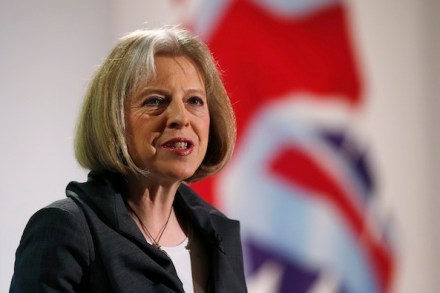Why not marry your dog?
Looking forward, as one always must, I wonder if the law will eventually be changed to allow one to marry one’s dog. Until now, this would have been considered disgusting, since marriage has been a law revolving around sexual behaviour, and sexual acts with animals are still, I believe, illegal. But, as this column has pointed out, the unintended consequence of the same-sex marriage legislation has been to take sex out of marriage law. Civil servants, unable to define same-sex consummation, omitted it. So marriage, from now on, can mean no more than the legally registered decision of two people to live together while not being married to anyone else.




















